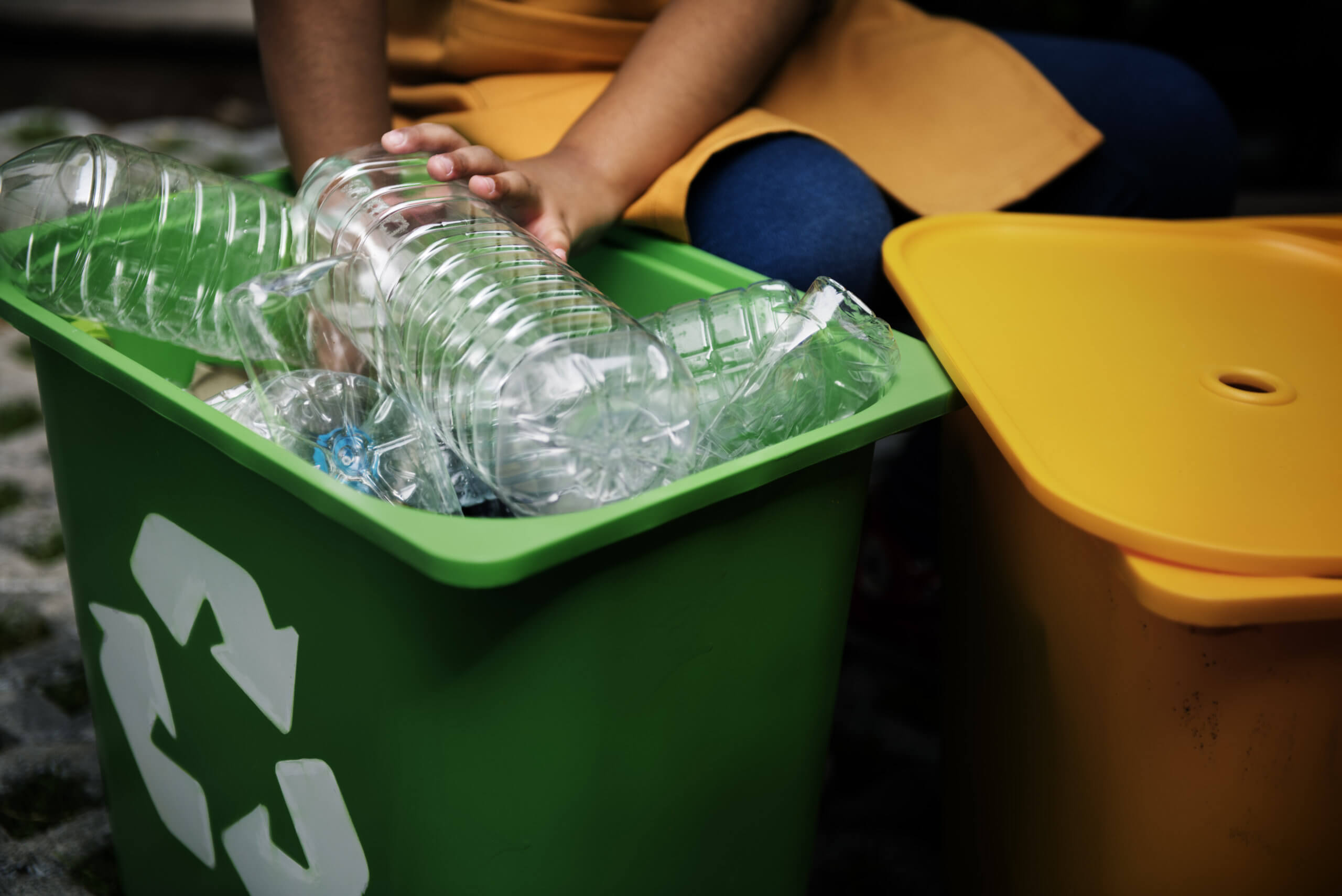
The fallacy of oversimplification occurs when someone ignores relevant complexity and nuance to simplify an issue. A recent Atlantic article is a perfect example of this flawed reasoning, using cherry-picked evidence to deny plastics’ functionality and sustainability, while dismissing recycling altogether. In reality, plastic is key to building a greener future, promoting circular economies and improving lives around the globe.
In her article for The Atlantic, author and environmental sociologist Rebecca Altman cites a recent report from Beyond Plastics, which misleadingly claims plastics production could have greater emissions than coal-fired plants by the end of the decade, ignoring significant context. Increasing prevalence of natural gas and other renewable energy sources cut U.S. coal dependence by about 50% from 2011 to 2021. Plastics, meanwhile, remain a necessary fixture across the economy due to their affordability, durability, flexibility and versatility, explaining higher overall emissions. To compare plastic and coal emissions is to compare apples and oranges. And to compare total plastic emissions to that of less widely utilized materials, like glass? That’s more like apples to pineapples—a disingenuous comparison that leads to inaccurate conclusions.
Further, the article neglects evidence indicating plastics are emissions-friendly relative to alternative materials. For example, research has demonstrated that substituting all plastic bottles with glass would create CO2 emissions equivalent to 22 large coal-fired power plants. Evidence also shows that moving away from plastics only calls for materials with more emissions-intensive production processes: aluminum production has 30% more emissions than plastics, and iron, steel, and concrete’s production emissions can exceed plastics’ by up to 200%. To leave out these critical facts when considering plastics’ emissions is to tell a mere fraction of the story.
Even beyond production, life cycle assessments (LCAs) have demonstrated sustainability gains found in plastics. A recent white paper from environmental scientist and Fraser Institute senior fellow Kenneth Green assessed numerous LCAs which found that plastics are the most environmentally beneficial material compared to alternatives across a variety of applications. Other research indicates plastic straws have over 60% less global warming potential and use 50% less energy during production than alternatives, and separate evidence indicates similar figures are true for both plastic bags and plastic packaging. As the United States aims to cut greenhouse gas emissions by 50-52% by 2030, plastic has a key role to play in meeting this goal.
Beyond emissions, plastic is key for achieving other climate solutions. Using plastic applications in place of timber and paper helps combat deforestation. Plastic not only dramatically lightens cars—decreasing their emissions—but also is critical to building electric vehicles with batteries capable of meeting drivers’ long-range needs. Renewable energy technologies like wind and solar rely on plastic to be both lightweight and durable, necessary features for large-scale implementation. And as communities adapt to be climate resilient in the face of extreme weather events, plastic helps yield flexible, durable, waterproof structures.
Thus, the Atlantic not only fails to acknowledge plastic substitutes’ detriments but also ignores plastics’ critical role in crafting a greener world—again, foregoing nuance in the name of manufactured clarity.
Plastic waste—in all forms—is a problem to be solved, and the United States urgently needs to invest in recycling infrastructure. However, writing off recycling as a “flailing, failing system,” as the article does, isn’t the answer. Aside from the fact that increasing the recycling rate to 75% could create over 1.5 million jobs, innovation in recycling technologies presents a significant opportunity to craft a more circular economy, a reality many climate experts find essential to achieving global climate goals. Rather than disregard recycling advancements, embracing ways to improve recycling of plastic—in all forms—presents a slew of optimistic, forward-looking solutions.
The plastic industry is actively making strides to tackle these solutions head-on. In Canada, RecycleBC’s investment in recycling systems boosted recycling rates to over 75% (for context, the U.S. sat at 35% as of 2018). Another $25 million investment from the Closed Loop Circular Plastic Fund can support recycling of an additional 500 million pounds of recycled plastic. In the private sector, innovative producers are rebranding waste, using recycled plastic to produce a host of consumer products. From laundry detergent bottles and toothpaste tubes to affordable housing and corrective eyewear, plastic advances sustainability, affordability, and accessibility across a multitude of applications. These examples represent necessary efforts to improve recycling systems instead of dismissing them.
Beyond traditional recycling, advanced recycling technologies present an opportunity to address more challenging forms of plastic waste—like single-use plastics. One such technology, pyrolysis (which has 50% lower emissions than other recycling technologies), can turn shampoo and conditioner bottles into vehicle fuel. Advanced or molecular recycling takes previously unrecyclable plastics and breaks them down into their original components, allowing them to be repurposed into completely new products. Like any new technology, these processes have room for improvement. Improvement, however, requires fostering innovation—not discouraging it.
Plastic industry critics miss the mark on not only the finer points but also the bigger picture: plastic makes the world we live in possible, and it’s a critical component of making it better, too. Smart policy uses available evidence to make informed, practical solutions—rather than cherry-picking evidence to demonize entire industries and squander innovation.